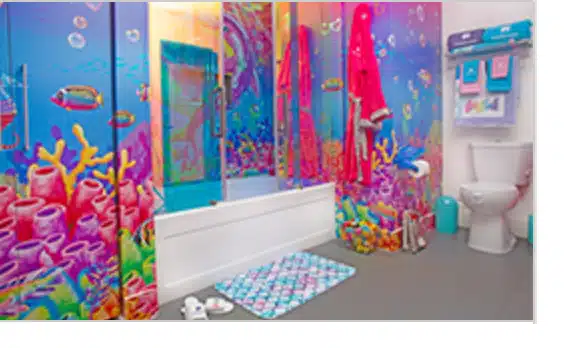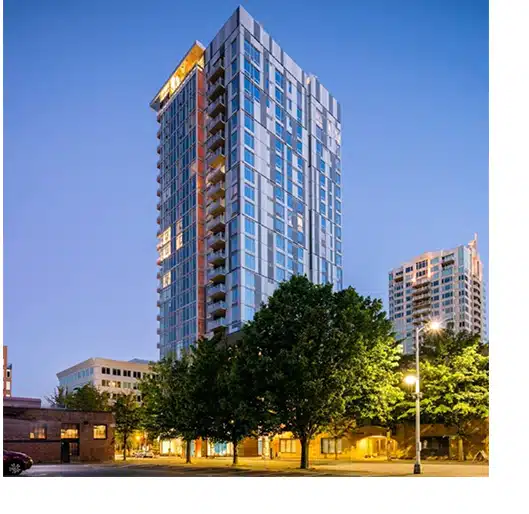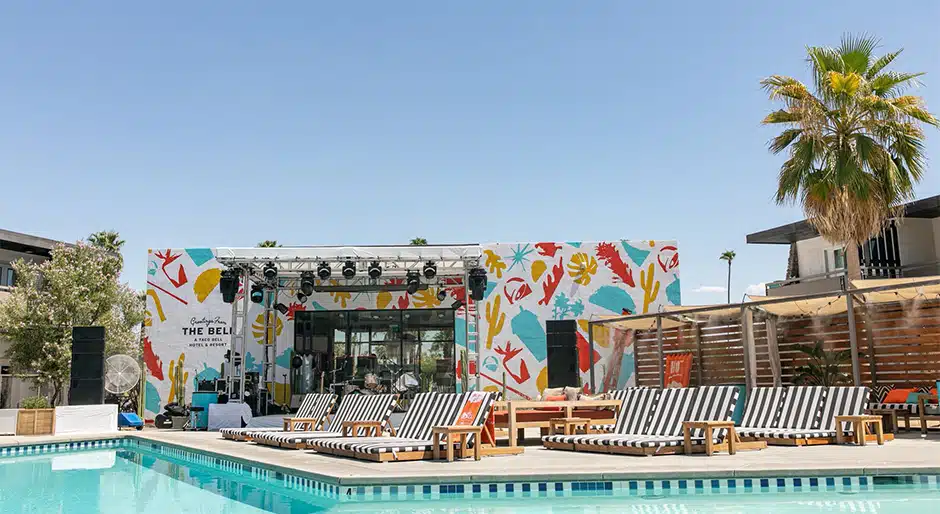Pop-ups moving into apartments and checking into hotels
It’s October, the start of the holiday season. Every strip mall has its Spirit, Halloween City pop-up displayed. To me this was the original pop-up retailer. Now there are pop-up restaurants, pop-up shops, and even pop-up museums outside the holiday season.
Just a few years ago pop-ups were just used for experiential marketing, testbeds of new products, or e-businesses looking to take the leap into brick-and-mortar. Now the concept has become a $50 billion industry, reported Institutional Real Estate Americas in 2017.
The short-term shopping experiences have now become legitimate sources of revenue for the retail industry, which has had 8,000 U.S. store closures announced so far this year due to retailers suffering various pressures.
A new solution: retailers are expanding into the hotel sector by using the pop-up strategy. Here-for-now hotels create a temporary retreat appeal to guests looking to stay in unique spaces.
Hotels have been partnering with retail brands to sell goods — furniture, mattresses, bedding — and fashion designers for years. Some retailers have even become hotel operators. West Elm, a trendy home design retailer, which is owned by San Francisco–based Williams-Sonoma, launched its new brand, West Elm Hotels, in 2016.
And there are various hospitality “pop-up” companies, such as glamping, or an ice hotel in Sweden. But using the actual pop-up concept, a short-term lease, in hotels represents a new marketing and branding strategy for retailers.
For example, Taco Bell, which has been creatively pushing its branding opportunities, from hosting wedding nuptials at its Las Vegas Cantina to creating a fashion collection collaborating with Forever21, known as the Forever 21 x Taco Bell collection. This summer, Taco Bell opened its pop-up tacoasis hotel, The Bell, in Palm Springs, Calif. The fast-food chain decked out the V Palm Springs hotel with Taco Bell–themed everything. Everyday details, such as poolside cocktails and breakfast in bed, featured a Taco Bell twist. The food and beverage retailer also developed new menu items only available during a stay at the hotel. And the Los Angeles Times reported reservations for the vacation spot sold out in two minutes.

The pop-up, or short-term rentals, concept is also a solution for multifamily landlords.

AvalonBay will rent a percentage of the empty apartments to tourists, corporate travelers, and other upmarket transients. Guests can experience a home-away-from-home with all typical comforts and amenities of a home but also hotel services. The hotel began operation with 50-rooms in the community during the month of September.
“We provide a new type of stay product that combines the spaciousness and comfort of a home-share rental with the consistency and service of a hotel,” said Jason Kamen, WhyHotel’s vice president – West Coast operations in a statement. “By operating a pop-up hotel out of the vacancies of brand-new luxury apartment buildings, we de-risk the lease-up phase. This provides significant early income and drives leases, which can help to make developers feel more comfortable introducing new properties to the rental market.”
Derek Bottles, vice president of development at AvalonBay, added, “The property is positioned to attract both long-term residents and WhyHotel guests, who want to be in the center of the energetic live, work, and play community of downtown Seattle.”

